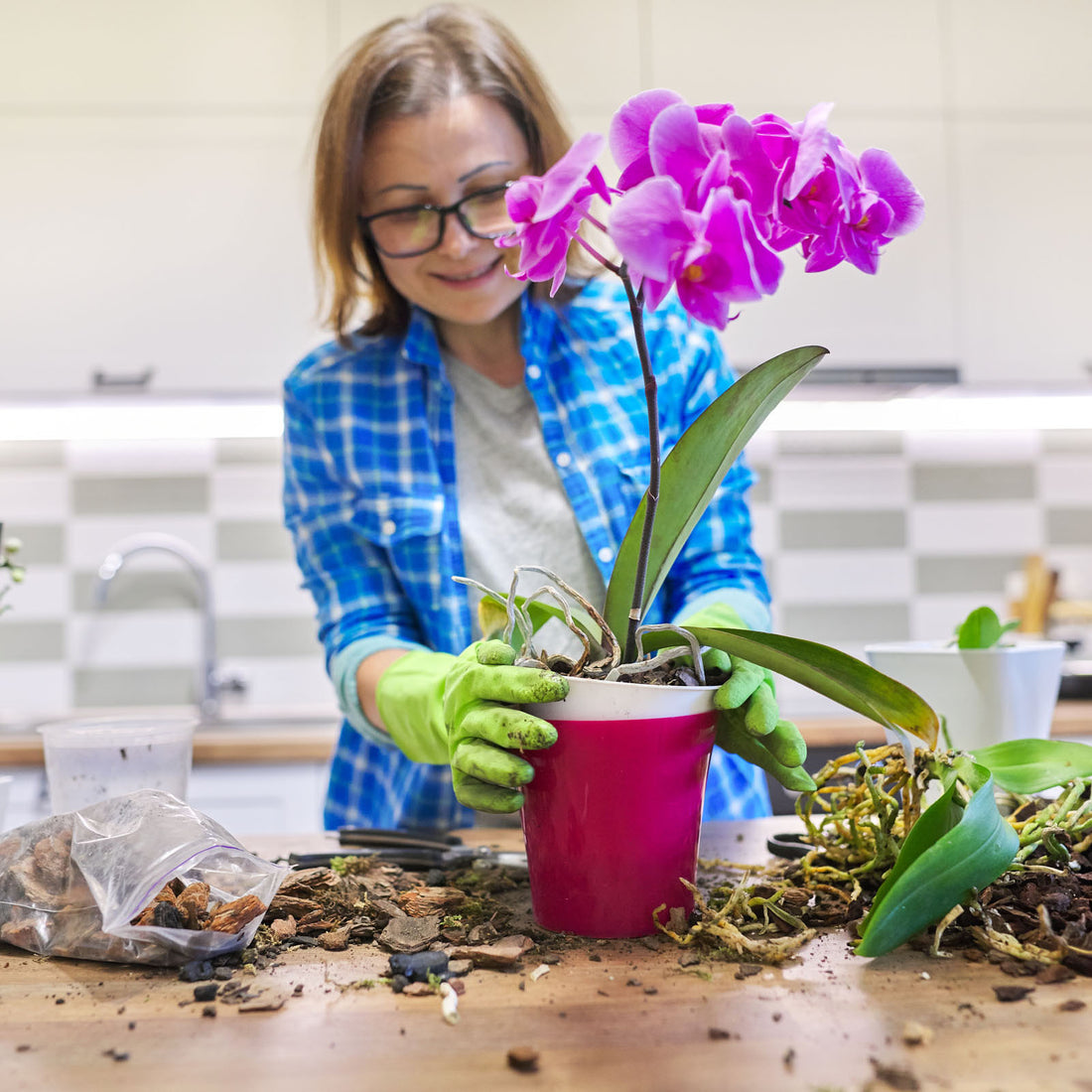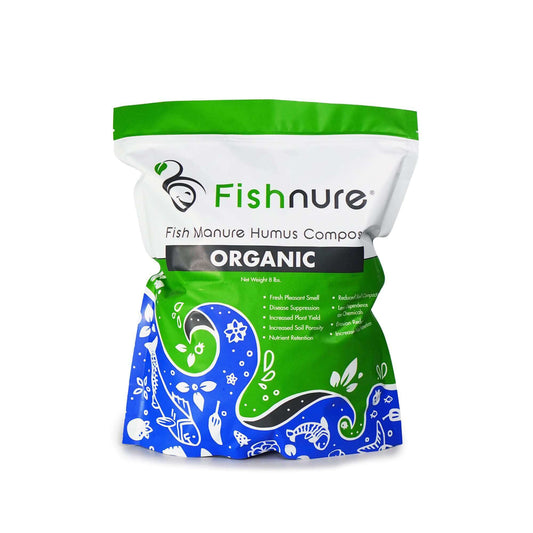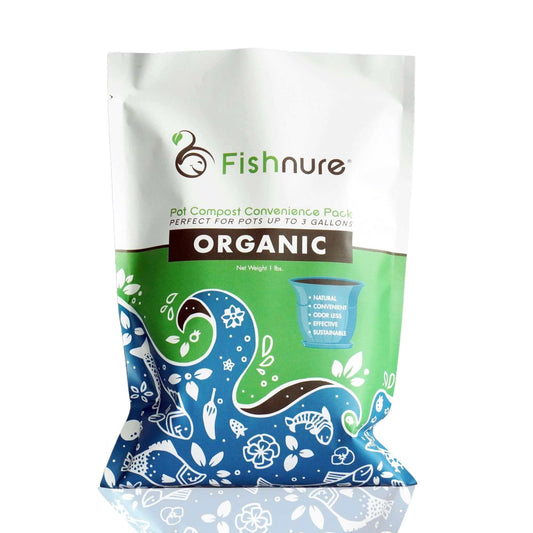Orchids, renowned for their breathtaking beauty and intricate elegance, have captivated plant enthusiasts for centuries. As indoor gardening gains momentum, cultivating orchids has become an art that requires a delicate balance of care and expertise. Organic gardening practices have found their way into the world of orchid cultivation, offering a holistic approach that harmonizes nature and nurture. This article embarks on the journey of growing orchids with organic fertilizer, exploring their unique fertilizer needs, essential growth requisites, the advantages of organic fertilization, expert guidelines, and all of this underpinned by scientific citations.

Different Fertilizer Needs for Orchids Versus Other Flowers
Orchids stand apart in the world of flowering plants due to their unique epiphytic nature, often growing on trees or rocks rather than in soil. This distinct lifestyle influences their fertilizer requirements, setting them apart from traditional soil-bound flowers. Orchids require specialized care that caters to their epiphytic nature and unique nutrient demands.
Important Needs for Orchid Growth
To foster thriving orchids, addressing crucial growth prerequisites is essential:
-
Light: Orchids require optimal light exposure, which varies based on their species. Finding the right balance of light is key to ensuring healthy growth and vibrant blooms.
-
Air Circulation: Good air circulation mimics the natural environment of epiphytic orchids and prevents issues like mold or rot.
-
Humidity: Orchids thrive in humid conditions. Maintaining humidity levels between 50% and 70% is crucial for their well-being.
-
Potting Mix: Orchids require a well-draining potting mix that allows air to reach their roots while retaining some moisture.

Benefits of Organic Fertilizer for Orchids
Elevating your orchid cultivation with organic fertilizer yields a spectrum of benefits:
-
Tailored Nutrient Balance: Organic fertilizers provide a balanced nutrient profile that caters to the unique needs of orchids, promoting healthy growth and vibrant blooms.
-
Gentle Nutrient Release: Organic fertilizers release nutrients gradually, mirroring the pace of orchid growth and reducing the risk of over-fertilization.
-
Soil and Root Health: Organic fertilizers enrich the potting mix, promoting proper root development and enhancing the overall health of orchids.
-
Eco-Friendly Choice: Organic fertilizers align with sustainable gardening practices, minimizing the impact of harmful chemicals on the environment.
Do's and Don'ts of Orchid Growing
Successfully nurturing orchids involves adhering to expert guidelines:
Do's:
-
Research Species: Understand the specific requirements of your orchid species, including light, temperature, and humidity preferences.
-
Proper Watering: Water orchids thoroughly and allow the potting mix to partially dry out before the next watering.
-
Potting Mix Renewal: Repot orchids every 1-2 years to refresh the potting mix and provide space for root growth.
-
Fertilize Sparingly: Use organic fertilizer at half or quarter strength during active growth seasons, usually spring and summer.
Don'ts:
-
Overwatering: Orchids dislike constantly wet roots. Overwatering can lead to root rot and other issues.
-
Ignoring Air Circulation: Poor air circulation can lead to mold and fungal problems. Ensure proper ventilation around your orchids.
-
Using Excessive Fertilizer: Over-fertilization can damage orchids and result in burned roots or foliage. This does not happen with organic fertilizer such as Fishnure.

Conclusion
The world of orchids is a realm of enchantment and complexity, demanding careful attention and understanding. Using organic fertilizer in orchid cultivation harmonizes the grace of nature with the precision of care. As you delve into the unique fertilizer needs of orchids, master their essential growth requisites, embrace the advantages of organic fertilization, and follow expert dos and don'ts, you embark on a journey that results in the flourishing of these exquisite blooms in all their splendor.
References
-
American Orchid Society. (2021). Orchid basics: How to repot your orchid. AOS.
-
Harrison, M. (2011). Growing Orchids at Home: A Practical Guide. Timber Press.
-
Hawley, D. (2014). Understanding orchid roots. American Orchid Society.
-
Hew, C. S., & Yong, J. W. H. (2004). Growth and nutrient accumulation of the hybrid orchid, Aranda 'Prapin', grown in vitro and in greenhouse under different irradiance levels. Scientia Horticulturae, 100(3), 249-262.
-
Murray, M. (2008). Fertilizing orchids: It's not just about N-P-K. Orchids, 77(1), 28-34.
-
Rasmussen, H. N. (2002). Recent developments in the study of orchid mycorrhiza. Plant and Soil, 244(1-2), 149-163.



